High blood pressure increases your risk of heart disease, stroke, and kidney disease. The good news is that you don't have to rely solely on medication, as some natural foods have been scientifically proven to help lower blood pressure.
Research has shown that certain foods, such as fruits, vegetables, nuts, and fatty fish, can help lower blood pressure. Incorporating these foods into your diet can have long-term health benefits.
Should I drink tea to lower blood pressure?
Drinking heart-healthy teas, such as hibiscus tea or chamomile tea, may be part of an approach to controlling blood pressure.
Components in tea can dilate blood vessels, improve artery function, reduce inflammation, and help regulate certain processes in the body that affect blood pressure.
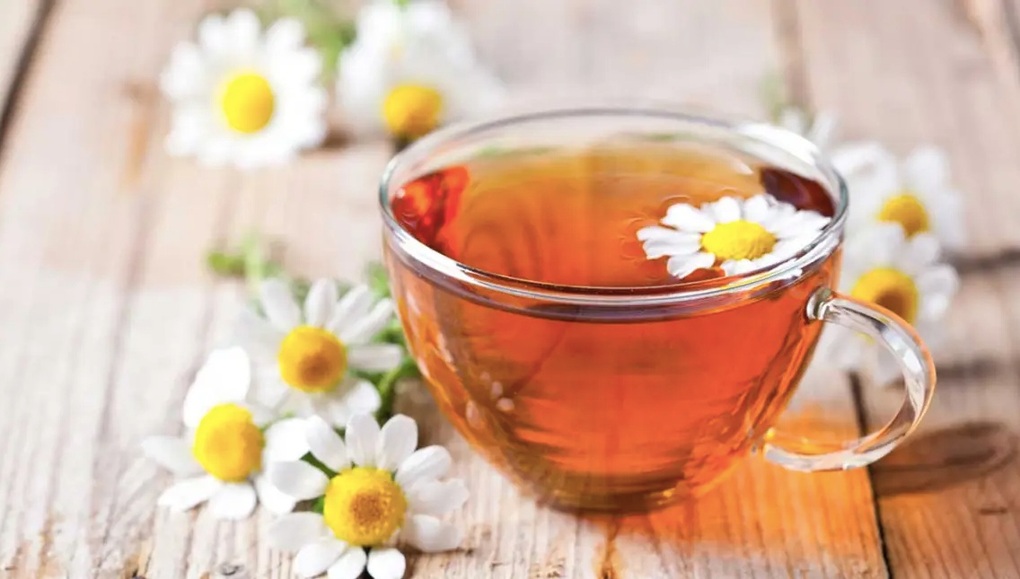
Ingredients in tea may help lower blood pressure (Photo: Healthline).
What are the best teas for high blood pressure?
Hibiscus tea
According to Nguyen Tri Phuong Hospital (HCMC), Hibiscus flower tea is made from dried Hibiscus flower petals. It has a red color and a pleasant slightly sour taste. This tea contains compounds, including anthocyanins and polyphenols, which help relax blood vessels, leading to a reduction in systolic and diastolic blood pressure.
Regular consumption of hibiscus tea can also lower blood pressure, which makes this tea popular as a natural remedy for hypertension.
Green tea
Green tea is a popular beverage made from the leaves of the Camellia sinensis plant. It contains bioactive compounds called catechins, especially epigallocatechin gallate (EGCG), which have been linked to various health benefits, including lowering blood pressure.
Studies have found that green tea consumption may slightly lower blood pressure. In one meta-analysis, healthy adults who added green tea to their diets experienced an average reduction in systolic blood pressure of 2.99 mmHg and diastolic blood pressure of 0.95 mmHg.
Olive leaf tea
Made from the leaves of the olive tree, this tea has a mild herbal flavor. It contains compounds such as oleuropein and hydroxytyrosol, which are thought to help regulate blood pressure by promoting relaxation of blood vessels.
Hawthorn Tea
Hawthorn tea is made from the fruit of the hawthorn tree, which has a slightly sweet and sour taste. Hawthorn tea can help dilate blood vessels, improve blood circulation and help lower blood pressure.
Chamomile tea
Chamomile tea is made from dried chamomile flowers. It is known for its soothing, calming properties and is often used to promote relaxation and reduce stress, which may indirectly benefit blood pressure. It contains various beneficial compounds, such as flavonoids, terpenoids, and coumarins, which contribute to its medicinal properties.
This tea has anti-inflammatory, antioxidant, liver-protective, potential anti-cancer, and blood pressure-regulating properties.

High blood pressure increases the risk of heart disease, stroke and kidney disease (Illustration: NP).
What should be noted when drinking tea?
In addition to the above benefits, cardiovascular patients should drink tea in moderation, should not drink too much tea, especially black tea or tea containing a lot of caffeine, which can cause high blood pressure, cause insomnia and increase the risk of various cardiovascular diseases.
Heart patients should also consult their doctor before starting tea or making any changes to their diet.
According to the National Institute of Nutrition, drinking a lot of tea, especially strong tea, is not good for your health. The reason is that the central nervous system, cardiovascular system, digestive system and kidneys are always stimulated in a state of excitement. In particular, people with heart disease and high blood pressure should not drink coffee and strong tea.
Dr. Phung Tuan Giang, President of the Vietnam Institute for Research and Development of Traditional Medicine, recommends that patients with kidney failure, liver disease, heart disease or serious cardiovascular problems should not use green tea extract without a doctor's supervision.
Drinking more than eight cups of green tea per day may be unsafe. Side effects can range from mild to severe and include headaches and irregular heartbeat. Green tea extract also contains a chemical that can cause liver damage when used in high doses.
Source: https://dantri.com.vn/suc-khoe/cach-giam-huyet-ap-nho-uong-tra-20250627095307918.htm








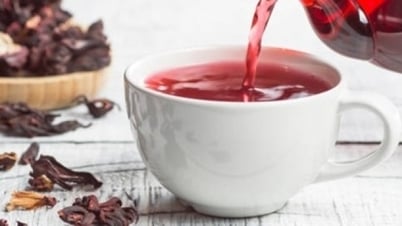







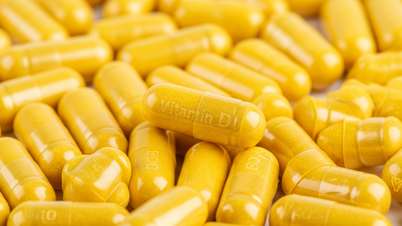




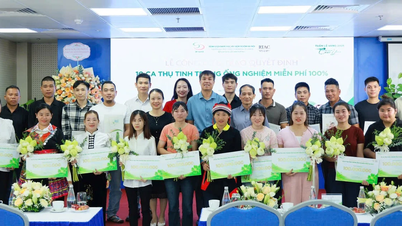
























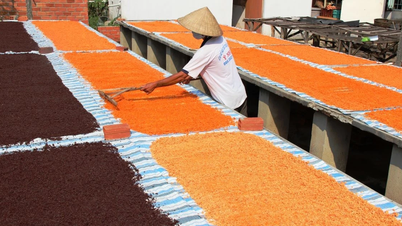



























































Comment (0)